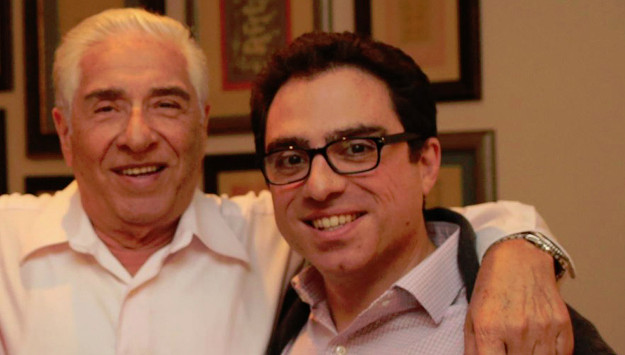The existence of political prisoners in Iran is hardly a new phenomenon but it is a topic that is proving increasingly damning for Tehran. In particular, it is the media in the large Iranian diaspora, which has been at the forefront in recent weeks to highlight the individual cases of political prisoners that have opted to go on hunger strike in order to bring attention to their cases.
For example, the British-based Kayhan London has been providing extensive coverage about international condemnation but also local protests inside Iran about the treatment of these prisoners. “The recent wave of hunger strikes is irrefutable proof that public support and pressure from the international community enables the prisoners to force their demands on the authorities of the Islamic regime,” the paper commented. By pointing out to specific cases, the paper highlighted how “authorities push a prisoner on hunger strike to the brink of death before agreeing to the demands. But once the individual has ended the hunger strike, they renege on their promises,” it concluded from studying individual cases.
The unfortunate reality, however, is that Iranians who are dual nationals have tended to receive far more international attention than those Iranian political prisoners with no ties to the outside world. The most recent dual national who has been in the news is Ahmadreza Jalali, an Iranian-Swedish national and expert in disaster relief who was arrested by the Iranian Intelligence Ministry in April 2016.
He was charged for allegedly “collaborating with enemy states,” and this was despite the fact that he had been a regular guest in Tehran on the invitation of official agencies. As of January 12, Jalali had been on hunger strike for three weeks. Other dual nationals that have also rightly become the focus of international media include the Iranian-British Nazanin Zaghari-Ratcliffe and Iranian-Americans Siamak Namazi and his father, Bagher Namazi. Every single political prisoner in Iran deserves attention, including those who do not have foreign governments to speak on their behalf.



